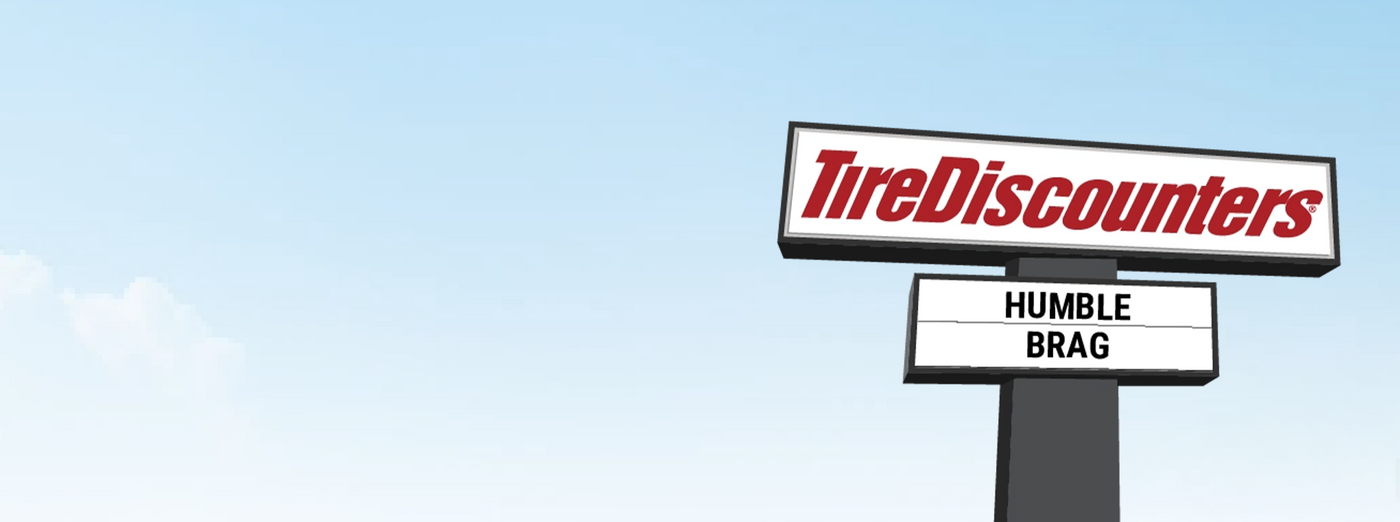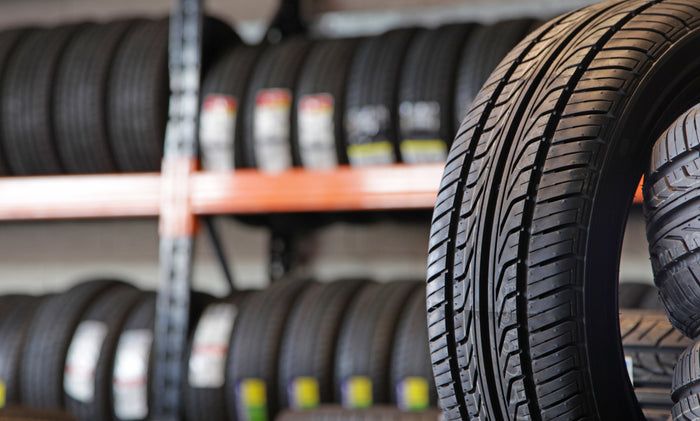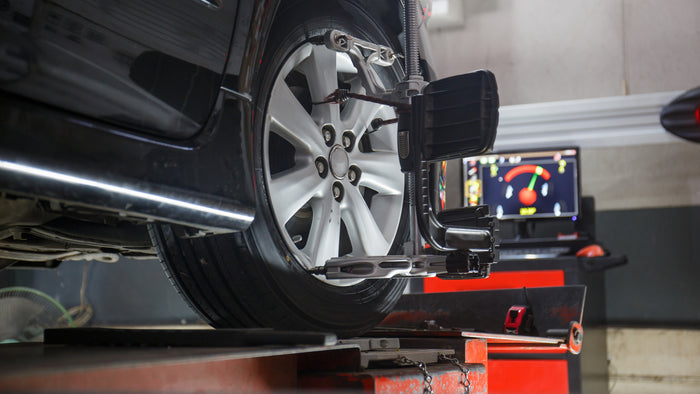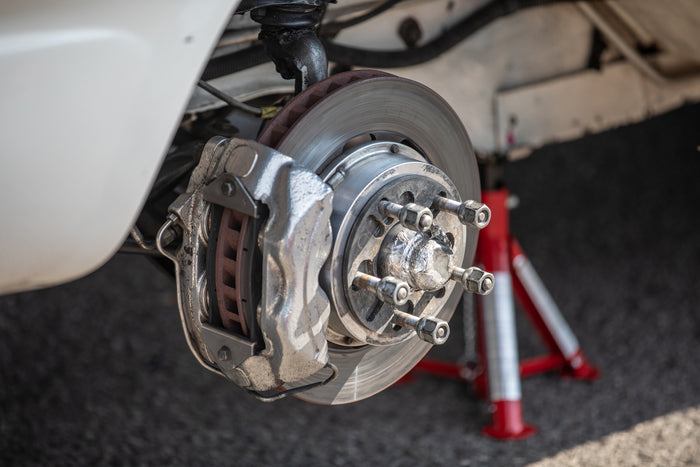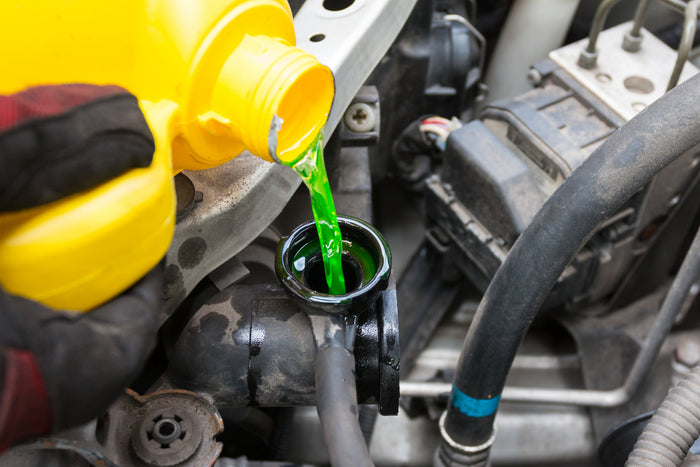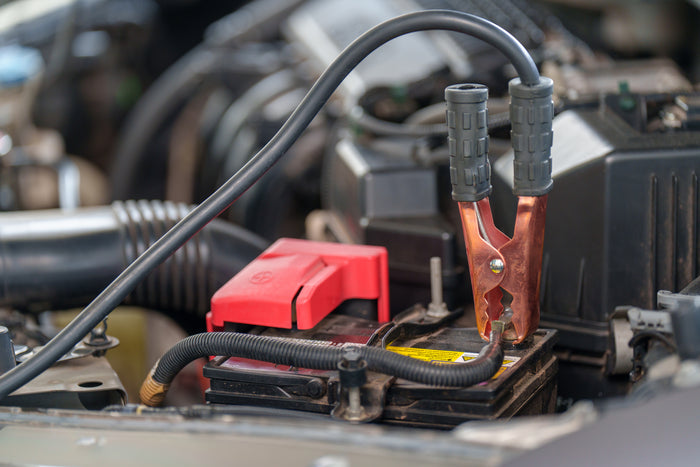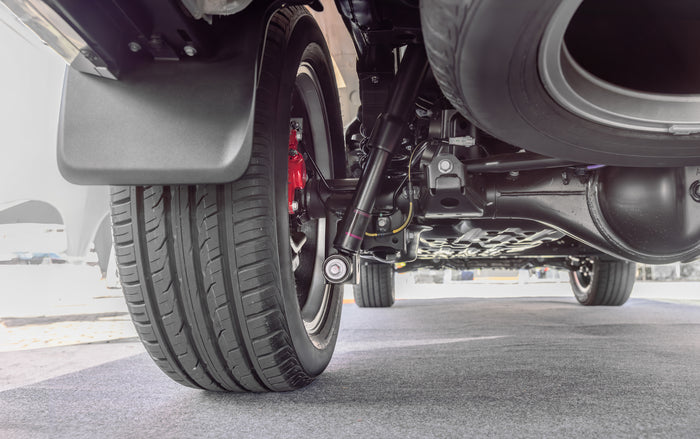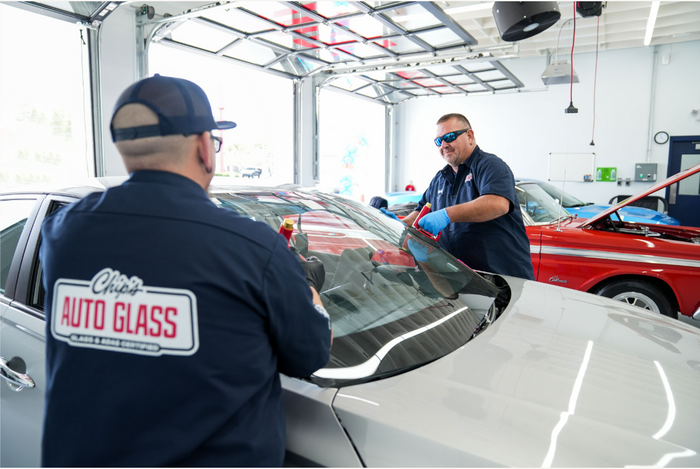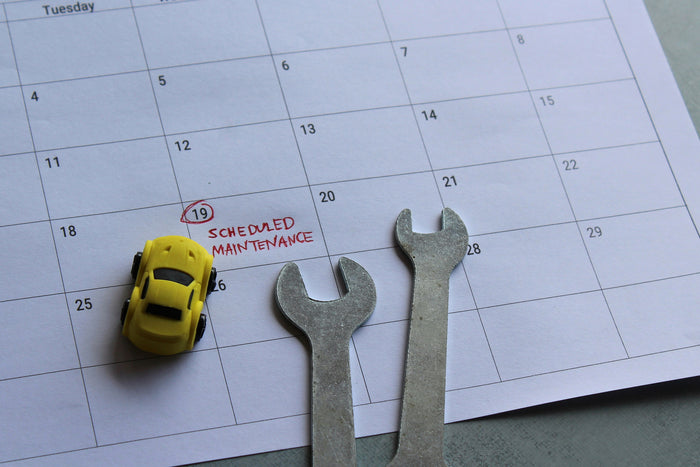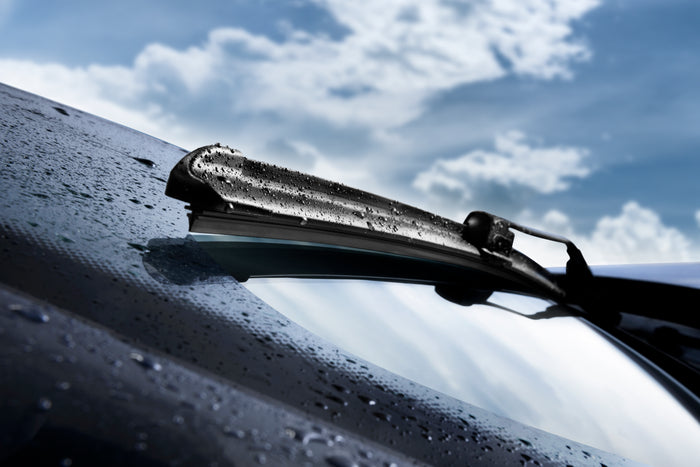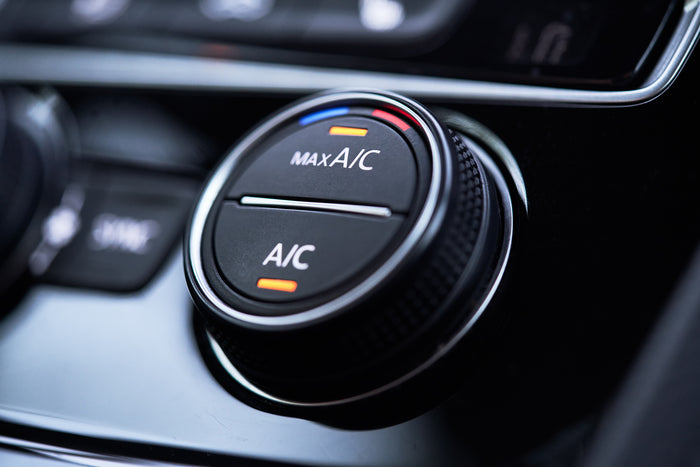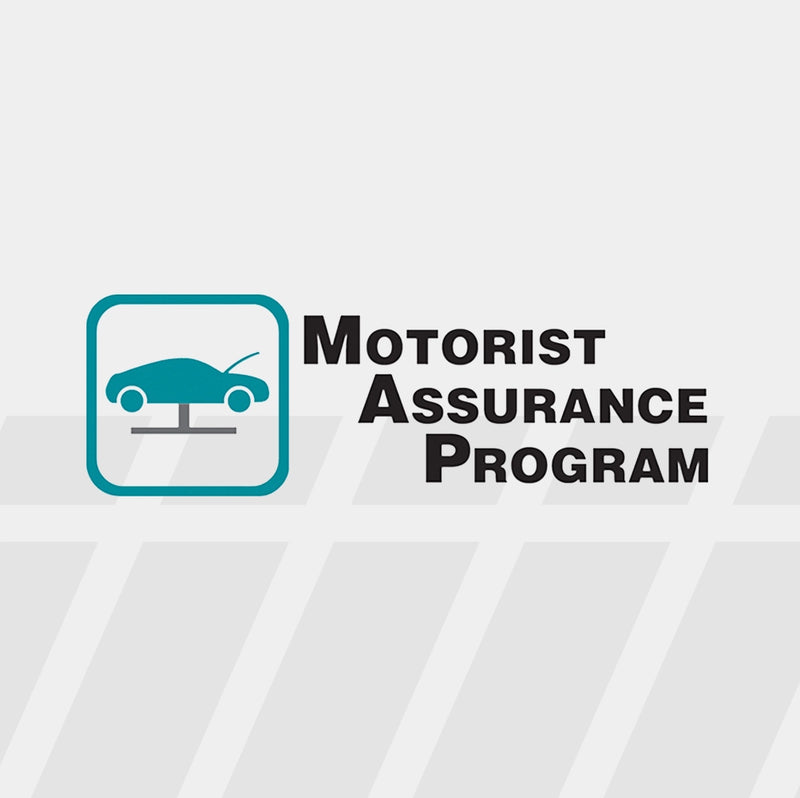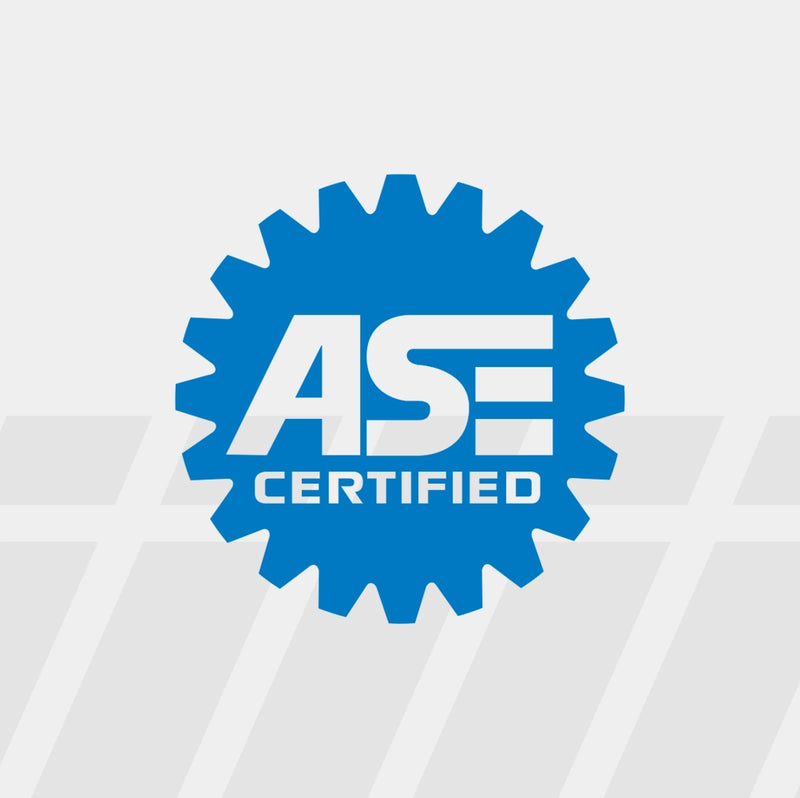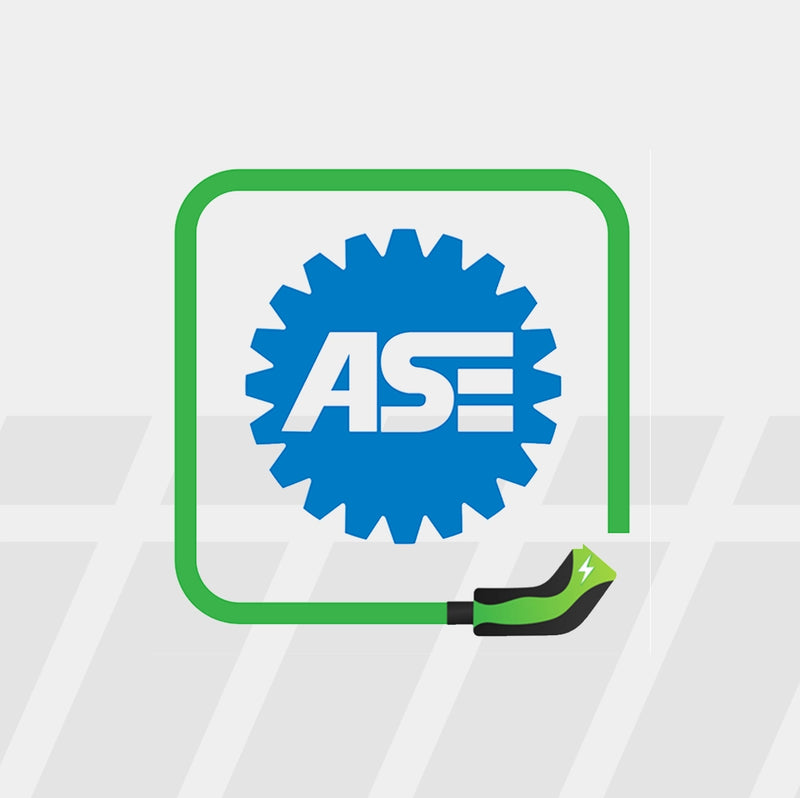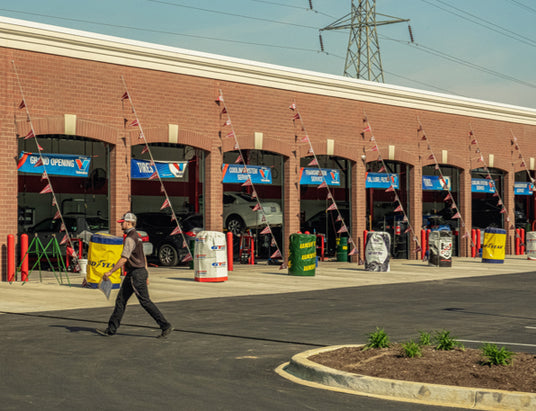
OUT THE DOOR WITH MORE®
At Tire Discounters, when we say you’re getting more, we mean it.
With any 4-tire installation, you’re not just rolling out with top-quality tires, you’re scoring over $1,000 worth of extras like lifetime rotation, balancing, flat repairs, free tire repairs for life, free inspections, free roadside assistance, free TPMS recalibrations, free air, and more.
Plus, we’re tossing in a bunch of "you-gotta-be-kidding-me" freebies: a full-synthetic oil change, a 4-wheel mechanical alignment, and a TPMS service kit. Who else gives you all this for the price?
-
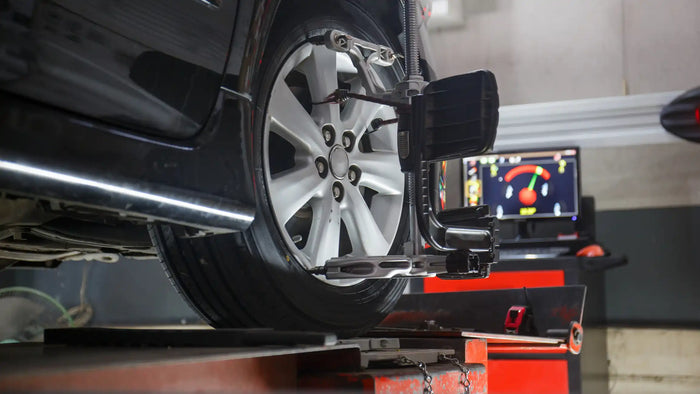
Home of the Free Alignment*
No one should put new tires on a misaligned vehicle.
It causes uneven wear and poor handling. That’s why back in 1997, Chip Wood made free alignment standard with every 4-tire installation. We’re still the only major tire retailer who includes it.
-
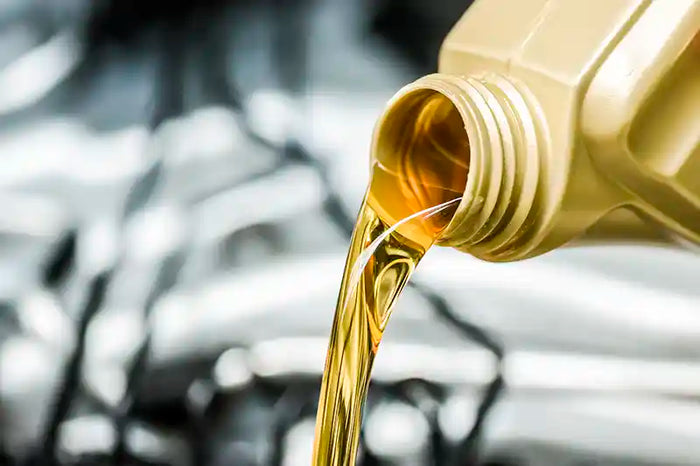
Free Full Synthetic Oil Change*
When you buy 4 tires, we’ll throw in a full synthetic oil change at no charge.
Our full synthetic Oil Change includes up to 5 quarts or $104.99 toward a diesel oil change). Fresh tires and fresh oil—it’s just one more way we go the extra mile to keep you rolling.
-
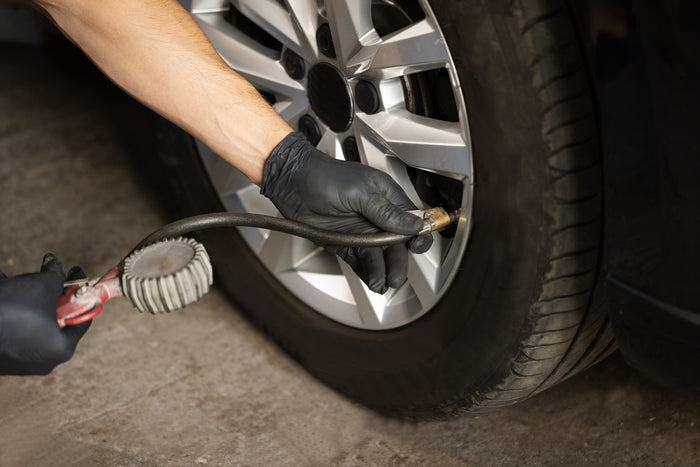
Free Air
Some places charge for air. Really?
No matter where you bought your tires, if you think your tire pressure is low, stop by your neighborhood Tire Discounters and we’ll check and fill them—for free.
-
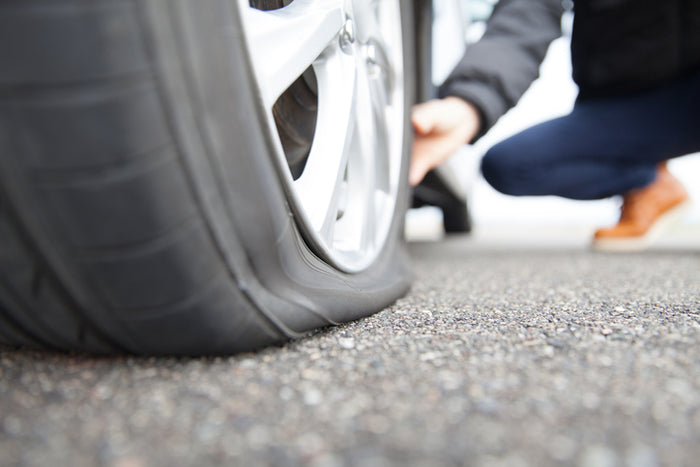
Free Lifetime Flat Repair
Nails and screws and broken glass happen.
When you buy even 1 tire with us, we’ve got your back, with FREE flat repair for the life of your tires. If it’s repairable with a standard plug and patch combo, we’ll fix it at no cost.
-
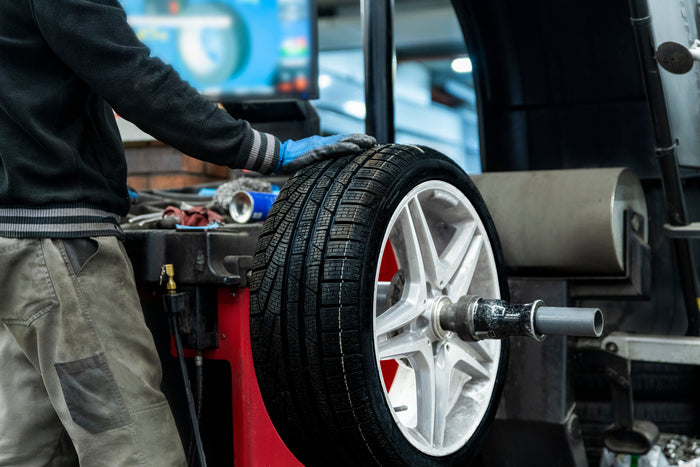
Free Lifetime Rotation and Balancing
Most shops charge for it, or only cover one. We cover both for free.
Included with any tire installed! Rotating and balancing your tires every 5,000 miles helps them last longer.
-
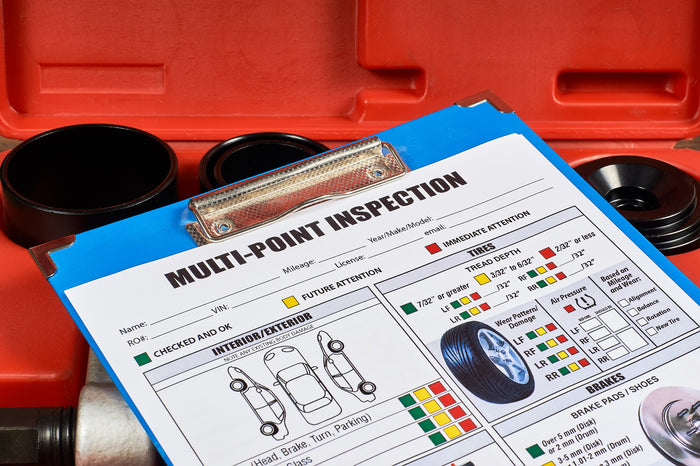
Free Inspections
We’re here to help, not upsell.
Some shops charge just to look. Not us. We inspect for free, explain what we see, and only do the work you approve. Sometimes you don’t need to fix it today—and we’ll tell you that, too.
-
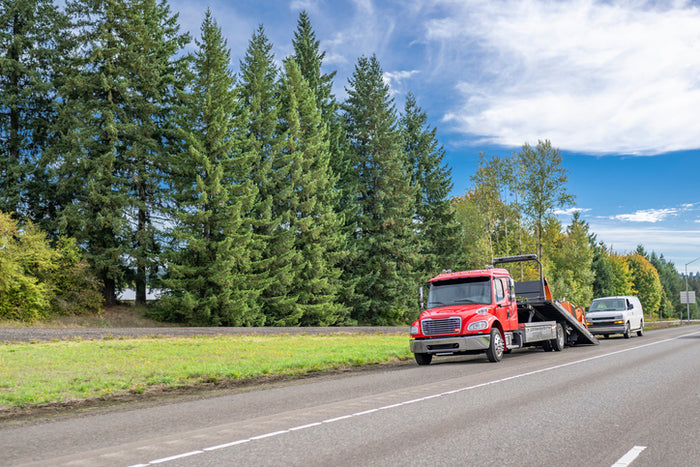
Free Roadside Assistance
With any annual $25 purchase, you get peace of mind.
We’ll reimburse you up to $75 nationwide for services like towing, jump starts, lock-outs, flat changes, and more. It’s a small price for big protection.
-
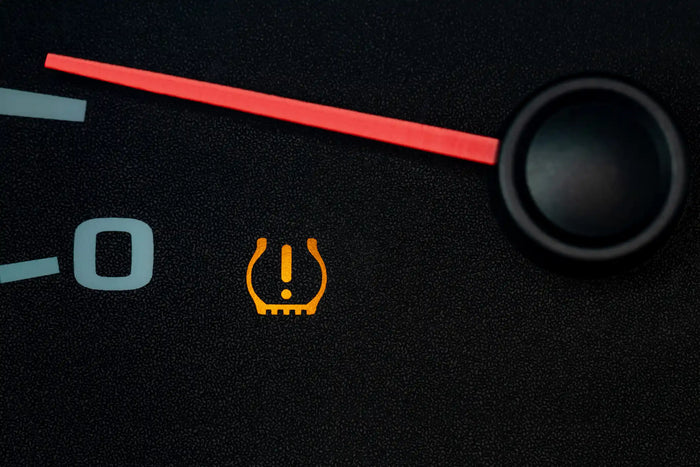
Free TPMS Recalibrations
Your TPMS alerts you when tire pressure is low but sometimes the light stays on even after you fill them.
If that happens, come by and we’ll recalibrate the system for free. Need air? We’ll top off your tires too, no charge.
-
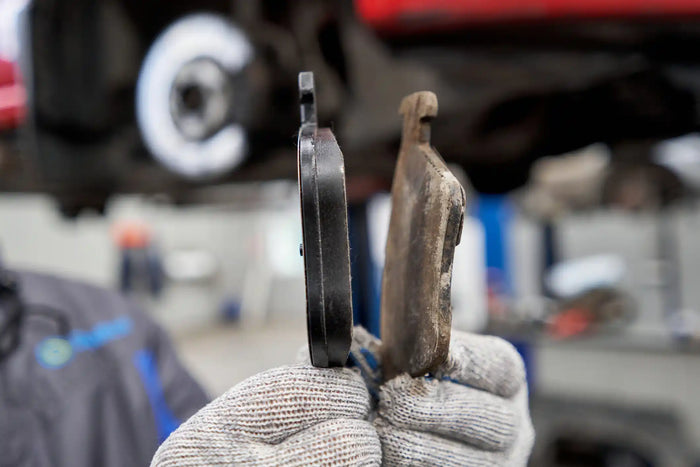
Free Brake Pad Parts Warranty
Say that three times fast!
When you install front or rear brake pads at Tire Discounters, your next set of brake pads are free for as long as you own your vehicle. You just pay installation.
And we resurface your rotors for free, always, as long as it can remain in manufacturer specifications.
*Terms & conditions apply. See Free Alignment & Oil Change Deal or store for details.











